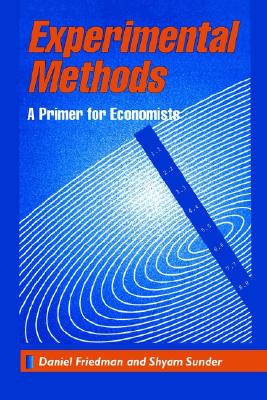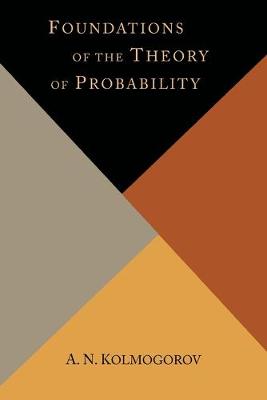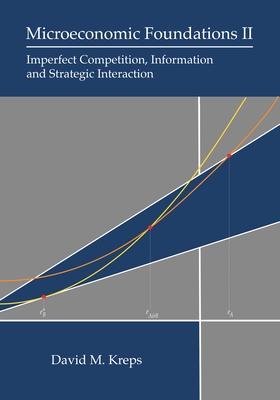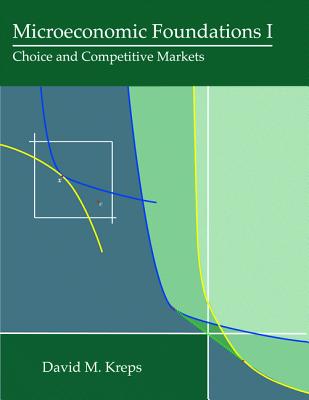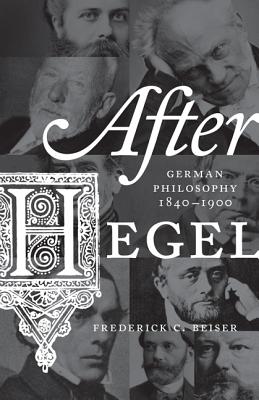
After Hegel:German Philosophy, 1840–1900
黑格尔之后
马克思主义哲学
¥
236.25
售 价:
¥
189.00
优惠
平台大促 低至8折优惠
发货周期:预计8-10周
出版时间
2016年09月13日
装 帧
平装
页 码
248
开 本
8.50 x 5.51 x 0.56
语 种
英文
综合评分
暂无评分
- 图书详情
- 目次
- 买家须知
- 书评(0)
- 权威书评(0)
图书简介
Histories of German philosophy in the nineteenth century typically focus on its first half—when Hegel, idealism, and Romanticism dominated. By contrast, the remainder of the century, after Hegel’s death, has been relatively neglected because it has been seen as a period of stagnation and decline. But Frederick Beiser argues that the second half of the century was in fact one of the most revolutionary periods in modern philosophy because the nature of philosophy itself was up for grabs and the very absence of certainty led to creativity and the start of a new era. In this innovative concise history of German philosophy from 1840 to 1900, Beiser focuses not on themes or individual thinkers but rather on the period’s five great debates: the identity crisis of philosophy, the materialism controversy, the methods and limits of history, the pessimism controversy, and the Ignorabimusstreit. Schopenhauer and Wilhelm Dilthey play important roles in these controversies but so do many neglected figures, including Ludwig Büchner, Eugen Dühring, Eduard von Hartmann, Julius Fraunstaedt, Hermann Lotze, Adolf Trendelenburg, and two women, Agnes Taubert and Olga Pluemacher, who have been completely forgotten in histories of philosophy. The result is a wide-ranging, original, and surprising new account of German philosophy in the critical period between Hegel and the twentieth century.
本书暂无推荐
本书暂无推荐

